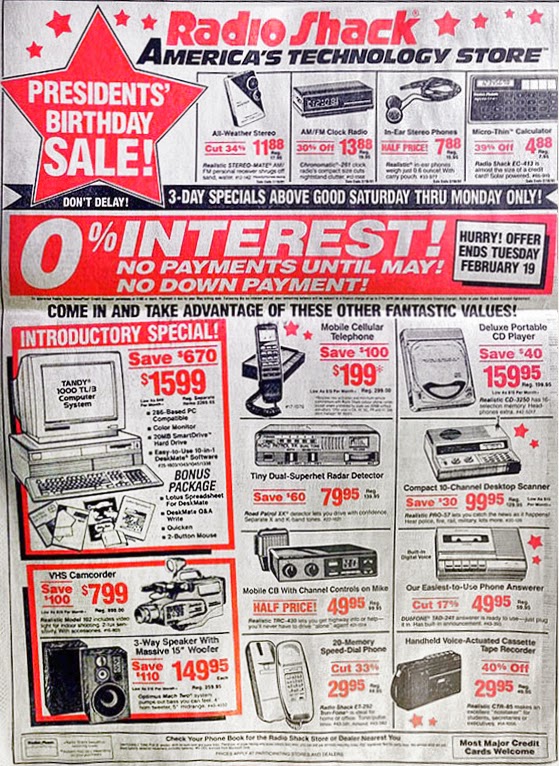In Search of a Filmmaking Community
, Recently I've fallen down a rabbit hole of modern independent film. Indulging heavily in the works of Jeff Nichols, Lynne Shelton, Mark and Jay Duplass, David Gordon Green, Joe Swanberg and many others. Normally this wouldn't be something worth posting about, but somewhere along that path I came across a smattering of interviews with Joe Swanberg talking about his film Drinking Buddies . Joe is quite prolific and he ascribes much of his work to the community he travels in of filmmakers, writers, and actors. I love the idea of a "community," people who live and breathe filmmaking and creating. Time and again I've espoused my love for the traveling film competition, the 48 Hour Film Project. Filmmakers and fanatics banding together for a whirlwind weekend creating a short. As great as it is, the Des Moines 48 Hour Film Project is two days, two out 365. For many that's plenty, but for the rest of us it's not nearly enough. Considering Joe Swanberg
